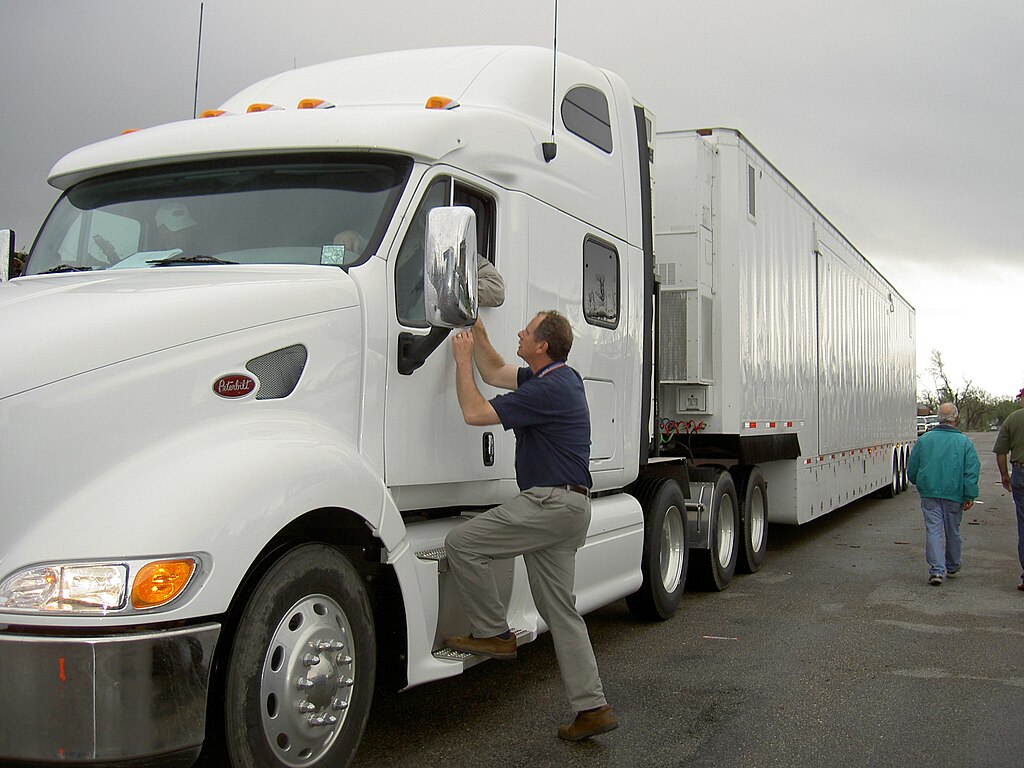The NSW Minns Labor Government has passed legislation aimed at improving working conditions for gig workers and owner-drivers in the road transport sector. This move addresses long-standing concerns about precarious employment conditions in an industry that many consumers interact with daily.
Key Provisions of the New Legislation
The law creates mechanisms for transport gig workers to access legal protections already available to owner-driver truck drivers, couriers, and taxi drivers under the NSW Industrial Relations Act. Here’s what the legislation does:
- Establishes minimum pay standards to ensure fair compensation
- Enhances safety regulations to reduce risks in road transport
- Creates clearer dispute resolution pathways between workers and companies
- Modernizes existing provisions of Chapter 6 of the Industrial Relations Act
- Allows the Industrial Relations Commission to make binding determinations on pay and conditions
- Establishes new offenses for accessorial liability in the supply chain
“This new legislation will enable our Industrial Relations system to be fit for purpose when it comes to gig workers in the transport sector,” said Minister for Industrial Relations Sophie Cotsis. “The public relies on gig workers in the transport industry every day, and workers can rely on us for the same legal protections.”
Similar Posts:
The Vulnerable Workforce
Gig workers and owner-drivers have typically operated as independent contractors, lacking traditional employee protections like sick leave, holiday pay, and stable income. This arrangement has left many workers exposed to exploitation and unsafe working conditions.
Research indicates a substantial portion of gig workers come from marginalized communities, including migrants and young people with limited employment options. The legislation aims to address these vulnerabilities by creating a more secure working environment.
Enforcement and Industry Impact
The effectiveness of these new protections will depend on enforcement mechanisms. The law includes provisions for inspections, investigations, and penalties for non-compliance.
For businesses, particularly rideshare and delivery platforms, this legislation likely means increased labor costs and potential adjustments to their operational models. Companies throughout the transport supply chain will need to ensure they meet the new standards.
What’s Not Changing
Consistent with Commonwealth Government approaches, existing exemptions for transport of livestock and produce will remain in place.
The NSW legislation complements federal gig worker reforms and follows consultation with unions, industry stakeholders, and community members to ensure it addresses the specific needs of the modern transport sector.
For consumers who rely on rideshare, food delivery, and other transport gig services, this legislation aims to create a more stable workforce while maintaining service availability.
Frequently Asked Questions
The new NSW law provides legal protections for transport gig workers, including rideshare and food delivery workers. It establishes minimum pay standards, enhances safety regulations, creates clearer dispute resolution pathways, and allows the Industrial Relations Commission to make binding determinations on pay and working conditions.
The legislation directly affects transport gig workers (including rideshare drivers and food delivery couriers), gig economy platforms (like Uber and Deliveroo), and companies throughout the transport supply chain. Consumers who use these services may also see changes in how these services operate.
No, the legislation doesn’t reclassify gig workers as employees. Instead, it extends protections similar to those already available to owner-driver truck drivers, taxi drivers, and couriers under the NSW Industrial Relations Act to gig workers while maintaining their independent contractor status.
It’s possible that companies may increase prices to offset higher labor costs resulting from minimum pay standards. However, the legislation aims to create a more stable workforce while maintaining service availability, which could improve service quality.
The legislation includes provisions for inspections, investigations, and penalties for non-compliance. It also establishes new offenses for accessorial liability in the supply chain, meaning companies can be held responsible for violations that occur in their business network.
This legislation complements the Federal Government’s gig worker reforms and follows a global trend toward regulating the gig economy. Similar protections have been implemented or are being considered in various jurisdictions worldwide as governments respond to concerns about worker exploitation in the gig economy.



















